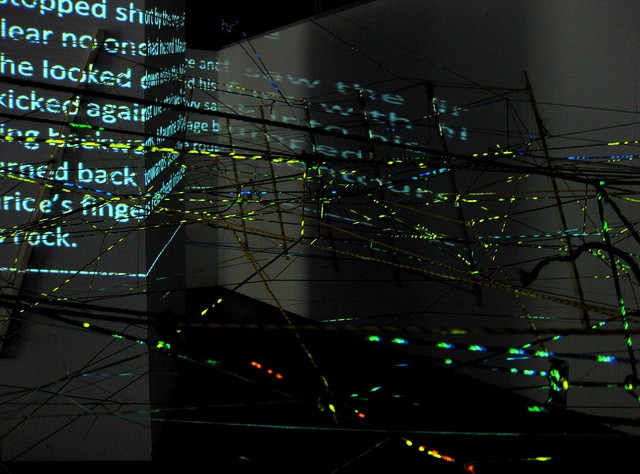
Image by Neil Cummings.
You can’t prepare for a future that you haven’t imagined. Of course, the future that you + me + various experts have conceived will not come true in the way that we expect it to. If future-prediction were easy, the stock market wouldn’t exist, and the economy that we’re familiar with might not function either. Lack of accurate or certain information is integral to the current system.
Consider the scarce resource. What’s hard to obtain? From the perspective of media suppliers (publishers), it’s attention. From the perspective of media consumers, especially in the business/tech sphere, the scarce resource is valuable information, the kind that can be used to make decisions or shape strategies.
Participants in abundance economies are forced to sort through a deluge of options to find what’s worthwhile. Thus media businesses like Stratechery and The Information are successful. They don’t rely on volume — they rely on significance per word (I swear that’s a genuine metric).
When we’re dealing with futurism, actionable information is difficult to identify. Most people aren’t even in a position to change their behavior based the likely trends of the next century. (Venture capitalists and other people with resources to deploy, but who else?) Near-future estimates, or insights regarding what powerful people want and expect, are more immediately useful to us commoners.
Of course, we shouldn’t let that stop us from speculating! There might be more advantage in it than I’m guessing. Besides, there’s always grinding:
“So i know that you can implant an RFID chip in your body but is there any form of security. RFID Identification information can be stolen remotely outside of the body, but does it being inside the body change its vulnerability. I’ve been thinking about this for a while now and i know that the bio-hacking community has been growing for a while and that as it grows so do the dangers. Not too worried but i just wanted to know the security risks.”


Comments are closed.